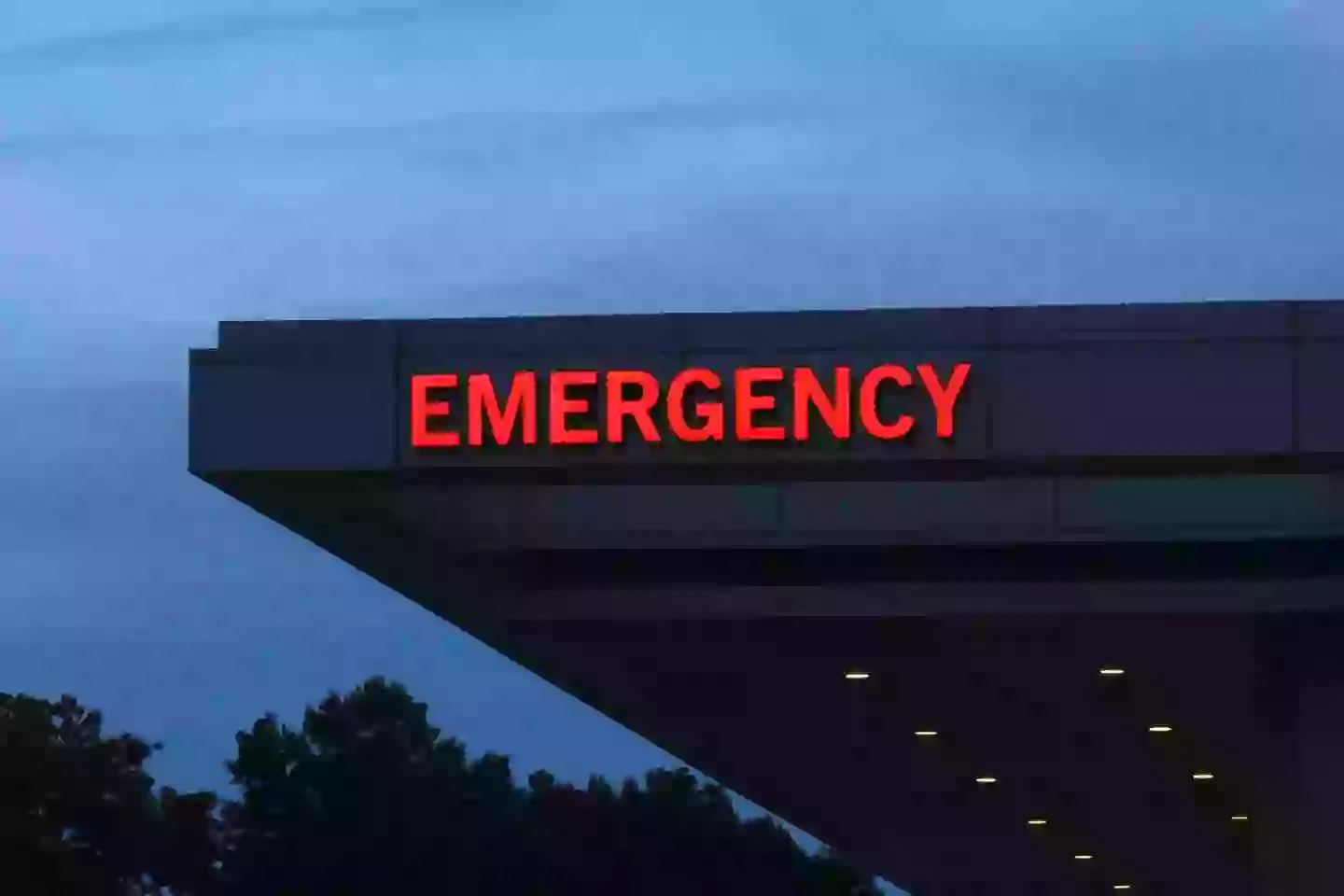In heartbreaking cases that have shocked many, two women died after waiting too long for urgent medical care following miscarriages. Brenda Yolani Arzu Ramirez and Porsha Ngumezi faced severe complications but were not promptly treated, leading to their untimely deaths.
Brenda, 22 weeks pregnant, suffered a stillbirth in November 2021. Despite showing clear signs of infection and sepsis, she was denied immediate treatment to clear her uterus due to changing medical protocols following Texas’ abortion ban. Medical experts agree she needed urgent dilation and evacuation (D&E), but instead was induced to deliver vaginally, leading to critical infection and organ failure. Brenda passed away two weeks later after a seizure.

Porsha, 35, was 11 weeks pregnant when she started bleeding heavily and passed large blood clots. Despite worsening symptoms and blood loss, hospital delays and a decision to use medication instead of surgical intervention worsened her condition. She suffered cardiac arrest after hours of bleeding and died shortly after. Medical experts criticized the delay and failure to act promptly.
Both cases drew attention amid heated debates after Roe v. Wade’s overturn. Families and doctors warn that hospital restrictions and fear of providing abortion care contributed to tragic outcomes. In response, lawsuits have been filed and public outcry has grown over the urgent need to prioritize women’s health over politics.

Hospitals involved cited legal and policy restrictions and said treatment choices depend on many factors, but medical professionals stress that prompt care in miscarriage and infection cases can be lifesaving.
These stories remind us of the critical importance of timely medical attention and compassionate care for women in crisis, urging society to protect these rights and prevent further losses.


